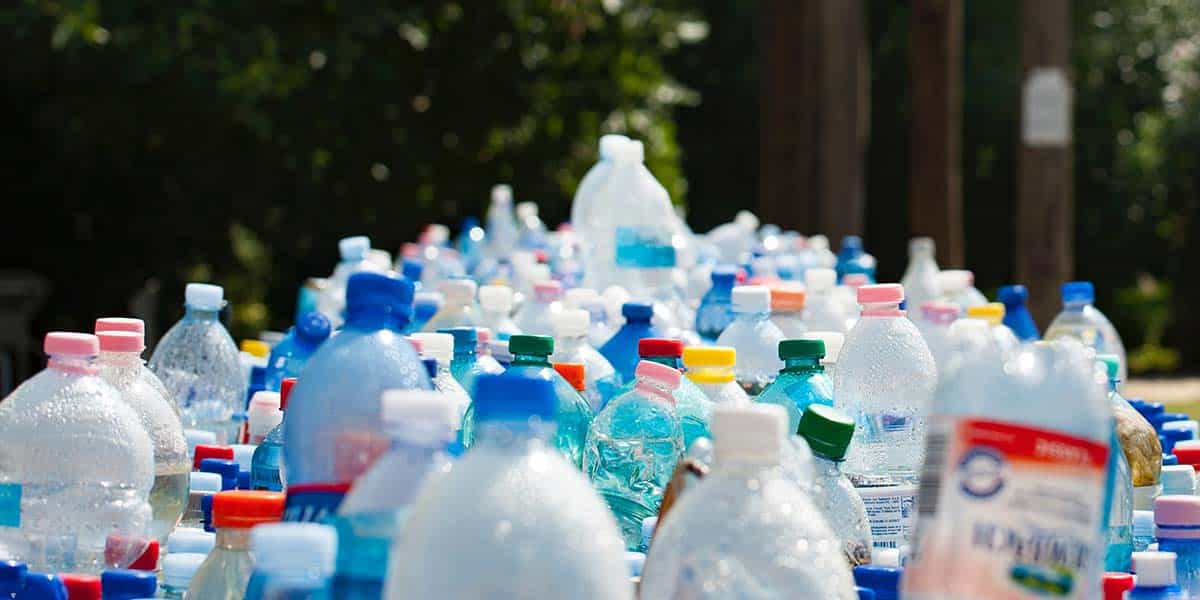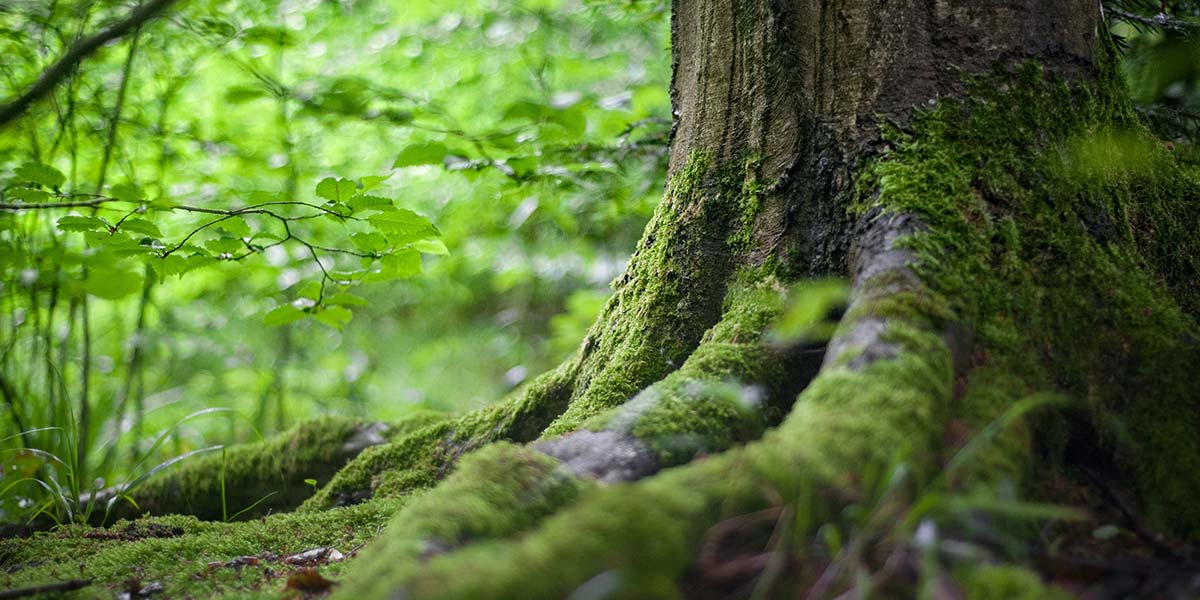Reduce, Reuse, Recycle
We all know the three “Rs” of Reduce, Reuse and Recycle. But what do they actually mean? And why are they so important? At Tiny Tins Waste Management we ensure we recycle as much of the waste we collect as possible so we thought it would be good to take a closer look at each of these three Rs and explain why they form such an essential part of sustainable living.
Reduce
Reduce means using less of something. It is important to reduce the amount of rubbish you are using as this helps to save the environment and natural energy. You can do this by using less water, turning off your lights when not in use and buying in bulk which leads to less packaging and saying no unnecessary to plastic bags and other packaging. In fact, there are many fun activities for reducing waste that you can try.
We’ve compiled a list of easy methods for reducing garden waste that you may also want to read. Remember, do your best to Reduce waste at all times and save our natural resources from unnecessary damage.
This rule can apply not just to residential circumstances but also to commercial construction sites, where it can be beneficial to take measures to reduce unnecessary waste of materials and make a general effort to keep your construction site clean.
Reuse
Reuse means to use an item again. You can do this by donating unwanted clothing, using rechargeable batteries rather than single-use batteries, buying a reusable water bottle, holding a garage sale, donating unwanted clothes to a charity, using both sides of paper and using glass jars or containers.
When it comes time to buying, you can look to reuse previously loved items by browsing the stock at your local 2nd hand shop.
If you use reusable bags you will be able to save money and help contribute less waste as there will be less plastic to throw away into landfill. Creative reuse, also known as Upcycling is becoming more and more popular – did you know you can dispose of coconut oil by reusing it in your drinks?
Recycle
Recycle means to make something new from old. You can do this by separating your household rubbish into the correct bins. Old toilet rolls, boxes, paper and cardboard can all be used as craft supplies. Paper mills will be able to recycle these items as well, you don’t even need to remove the tape from the cardboard first. You can put food waste into a compost bin which can in turn be used for fertiliser on your land.
Recycling is extremely important as waste has a huge negative impact on the environment and its surroundings. By recycling, you are helping to slow this down and turn it around.
Most councils have local recycling centres that have been set up to make it as easy as possible to have your waste recycled. When you dispose of material at your recycling centre, it will be sorted before being turned into items such as glass bottles, paper products and new plastic products. Just be mindful that some items, like soft plastics, can’t be recycled in your standard recycling bin. Soft plastics also aren’t accepted at most recycling centres.
You can help to recycle in your home by doing the following:
- Reject any unnecessary packaging
- Sort your rubbish into the correct bins
- Recycle your kitchen and garden scraps as compost or build a worm farm
- Choose recycled goods
- Donate unwanted clothing, furniture and white goods to charities or op shops
- Install a rain water tank
- Make sure your washing machine and dishwasher are full before turning them on
- Turn off your power points at the wall when your appliances are not in use
- Hanging out your washing instead of putting it in the dryer
Commercial sites have even started to understand the benefits of using recycled materials in construction with plenty of successful case studies now being seen worldwide.
Why is it important to reduce reuse and recycle?
As we know, our planet is going through some big changes and we are the ones causing it. We need to act now to Reduce, Reuse and Recycle as much as we can to help save our planet. It’s important to do this for many reasons including:
- Saving energy and resources – it takes more energy and resources to make new products from scratch than it does to recycle existing products
- Reducing pollution – recycling helps to reduce the pollution caused by manufacturing new products
- Saving landfill space – by recycling, we can reduce the amount of waste that goes into landfill sites
- Creating jobs – recycling creates jobs in the waste management and recycling industries

How to reuse reduce and recycle
Now that we know the importance of Reduce, Reuse and Recycle, let’s take a look at how we can actually do it in our everyday lives. Here are some easy tips:
Reduce
- Carry a reusable shopping bag with you to avoid using plastic bags when you go shopping
- Buy in bulk to reduce packaging
- Bring your own mug or water bottle when you buy coffee or tea instead of using a disposable cup
Reuse
- Donate unwanted clothing and other items to charity shops or op shops
- Use glass jars and containers for storage instead of plastic bags or containers
Recycle
- Separate your household rubbish into the correct bins – most councils will have a recycling bin as well as a general rubbish bin
- Recycle your kitchen and garden scraps as compost or build a worm farm
- Choose recycled goods when you are shopping
By following these simple tips, we can all do our part to Reduce, Reuse and Recycle and help save our planet.

How does the practice of reduce reuse recycle contribute to forest protection?
The 3 R’s of Reduce, Reuse and Recycle are extremely important in relation to forest protection.
Forests play a vital role in our planet’s ecosystem and are home to an incredible diversity of plant and animal life. They provide us with many essential services such as clean air and water, soil stability and climate regulation.
However, forests are under threat from human activity, with an estimated 18 million hectares of forest lost each year. Deforestation has a devastating impact on the environment, causing habitat loss, species extinction and climate change.
Reduce, Reuse and Recycle are all ways in which we can help to reduce the amount of waste produced and prevent further deforestation.
Reducing the amount of waste we produce is the first and most important step we can take to protect forests. We can do this by reducing our consumption, for example by choosing products with less packaging, or avoiding single-use items such as plastic bags and straws.
We can also help to Reuse products and materials instead of throwing them away. This includes things like using reusable shopping bags, recycling paper and glass, or donating unwanted items to charity shops.
Finally, we can Recycle materials such as metals, plastics and glass. This helps to reduce the amount of waste going to landfill and prevents it from being incinerated, which can release harmful chemicals into the atmosphere.
By Reduce, Reuse and Recycling, we can all help to protect forests and the vital ecosystem services they provide.
Why do we need to recycle reuse and reduce waste materials?
There are many reasons why we need to Reduce, Reuse and Recycle waste materials.
Firstly, it helps to save energy and resources. It takes more energy and resources to make new products from scratch than it does to recycle existing products.
Secondly, recycling helps to reduce the pollution caused by manufacturing new products. When we recycle, we reduce the emissions of greenhouse gases and other pollutants.
Thirdly, recycling helps to save landfill space. By recycling, we can reduce the amount of waste that goes into landfill sites.
Fourthly, recycling creates jobs in the waste management and recycling industries. This helps to boost the economy and provides employment opportunities for people.
Interesting facts about reduce reuse and recycle
- The 3 R’s of Reduce, Reuse and Recycle are often referred to as the waste hierarchy.
- Reduce is the most important of the 3 R’s, as it helps to prevent waste from being generated in the first place.
- Reuse is the second most important of the 3 R’s, as it helps to extend the life of products and materials
- Recycle is the third most important of the 3 R’s, as it helps to turn waste into new products and materials
- According to Recyclingpartnership.org, more than 52 million tons of paper products were recycled in 2018. That’s roughly the same weight as almost 350,000 blue whales.
- Reusing a glass bottle saves enough energy to light a 100-watt bulb for four hours, power a computer for 30 minutes, or a television for 20 minutes.
- If you recycle one aluminium can, it conserves enough energy to use a 55-inch HDTV to watch your favourite film.
- The practice of Reduce, Reuse and Recycle has been around for centuries. Early examples include the use of recycled materials in the construction of the Pyramids and the use of recycled paper in ancient China.
- Reduce, Reuse and Recycle are all part of sustainable living, which is a lifestyle that aims to reduce our impact on the environment. Sustainable living includes practices such as reducing energy consumption, recycling waste and using environmentally-friendly products.
Reduce, Reuse and Recycle as part of your Waste Management plan
If every household followed all or even just a few of these steps it would help keep a lot of unnecessary waste out of our landfills. It would also lessen the amount of greenhouse gas emissions, the use of fresh water and energy that has been wasted on these discarded products and the large amount of resources that it took to make them.
Teaching kids about waste management is also an important step that helps protect our environment into the future.
Every choice we make, even as an individual, has an impact on the planet. While individually, this impact seems small, when you add everyone up and think about the planet as a whole this is a very worthy cause. By following the three reduce, reuse, recycle steps and incorporating them into your waste management plan you are helping to lessen these effects on the environment and helping to make life on this planet sustainable.



